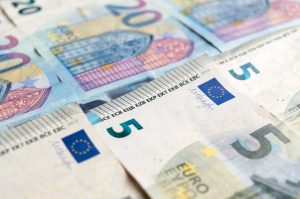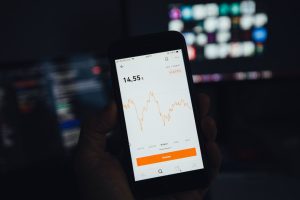Forex demos, also known as demo accounts, are an essential tool for traders who are starting in the forex market. These demo accounts allow traders to practice and familiarize themselves with the trading platform and its features without risking their real money. However, there is a common question that arises from traders: how accurate are forex demos?
To answer this question, we need to understand first what forex demos are and how they work. Forex demos are virtual trading environments that simulate real market conditions using historical data. They are provided by forex brokers to their clients, and traders can use them to practice their trading strategies, test different trading tools and indicators, and gain experience before entering the real market.
Forex demos are designed to mimic real market conditions as closely as possible, providing traders with a realistic experience of trading forex. They use real-time market data and price feeds, which are constantly updated to reflect market changes. Traders can also access the same trading tools and indicators that are available in real trading accounts, such as charts, technical analysis tools, and expert advisors.
Despite the efforts to simulate real market conditions, forex demos are not entirely accurate. There are several factors that can affect the accuracy of forex demos, which we will discuss below.
1. Slippage
Slippage is the difference between the expected price of a trade and the actual price at which the trade is executed. It occurs when the market moves too quickly, and the order cannot be filled at the expected price. Slippage is more common in volatile markets or during news releases when there is high market volatility.
Forex demos may not accurately reflect slippage because they use historical market data, which does not include real-time market conditions. Therefore, traders may not experience slippage in forex demos, even though it is a common occurrence in real trading.
2. Execution Speed
Execution speed is the time it takes for an order to be filled after it is placed. In real trading, execution speed can vary depending on market conditions and the broker’s infrastructure. Forex demos, on the other hand, may have faster execution speeds than real trading accounts because they are not subject to the same infrastructure limitations.
Traders may find that their orders are filled faster in forex demos than in real trading, which can affect their trading strategy and profitability.
3. Emotions
Emotions can have a significant impact on trading performance. Fear, greed, and excitement can cloud judgment and lead to impulsive trading decisions. In real trading, traders must learn to manage their emotions and develop a disciplined approach to trading.
Forex demos, however, do not simulate the emotional aspect of trading. Traders do not experience the same level of stress, pressure, and emotional attachment to their trades as they do in real trading. Therefore, traders may not develop the same level of emotional control and discipline in forex demos as they would in real trading.
4. Liquidity
Liquidity refers to the ease of buying or selling an asset without affecting its price. In forex trading, liquidity can vary depending on the currency pair and the time of day. Forex demos may not accurately reflect liquidity because they use historical market data, which does not include real-time liquidity conditions.
Traders may find that their orders are filled quickly and at the expected price in forex demos, but may experience delays and price changes in real trading due to liquidity issues.
In conclusion, forex demos are an essential tool for traders who are starting in the forex market. They provide traders with a realistic experience of trading forex and allow them to practice their trading strategies and gain experience without risking their real money. However, forex demos are not entirely accurate because they do not simulate all the aspects of real trading, such as slippage, execution speed, emotions, and liquidity.
Traders must use forex demos as a tool to practice their trading skills and develop their trading strategies, but they should also be aware of the limitations and differences between forex demos and real trading. Traders should also use real trading accounts to gain experience and develop their emotional control and discipline in real market conditions.





